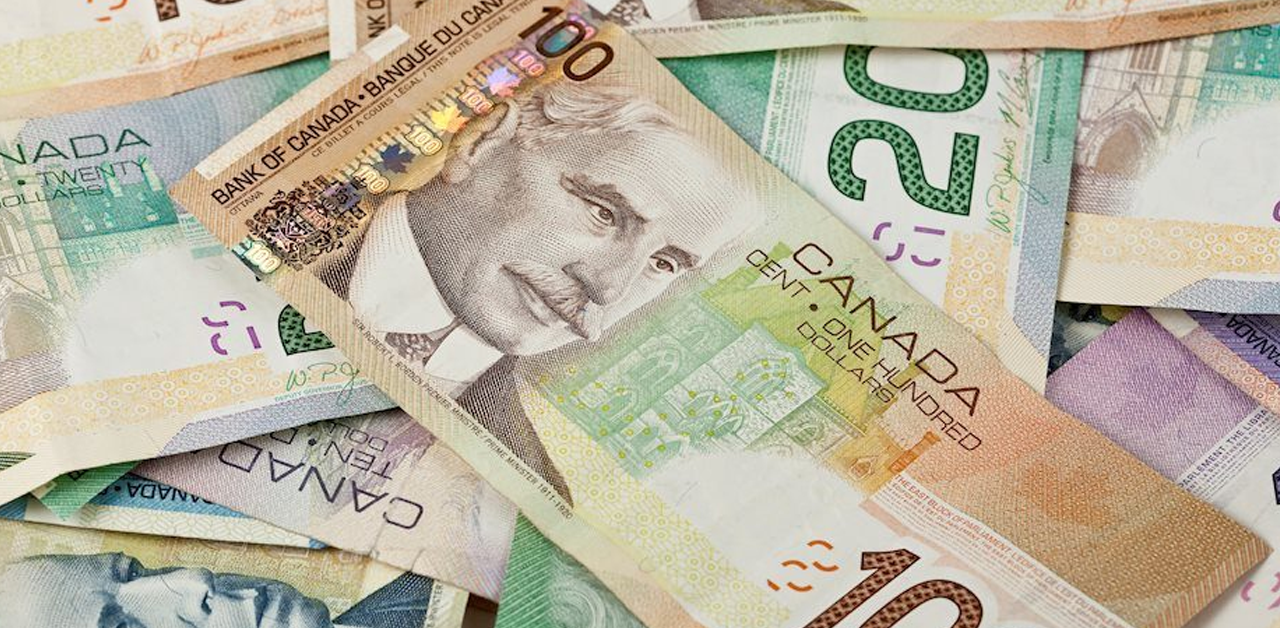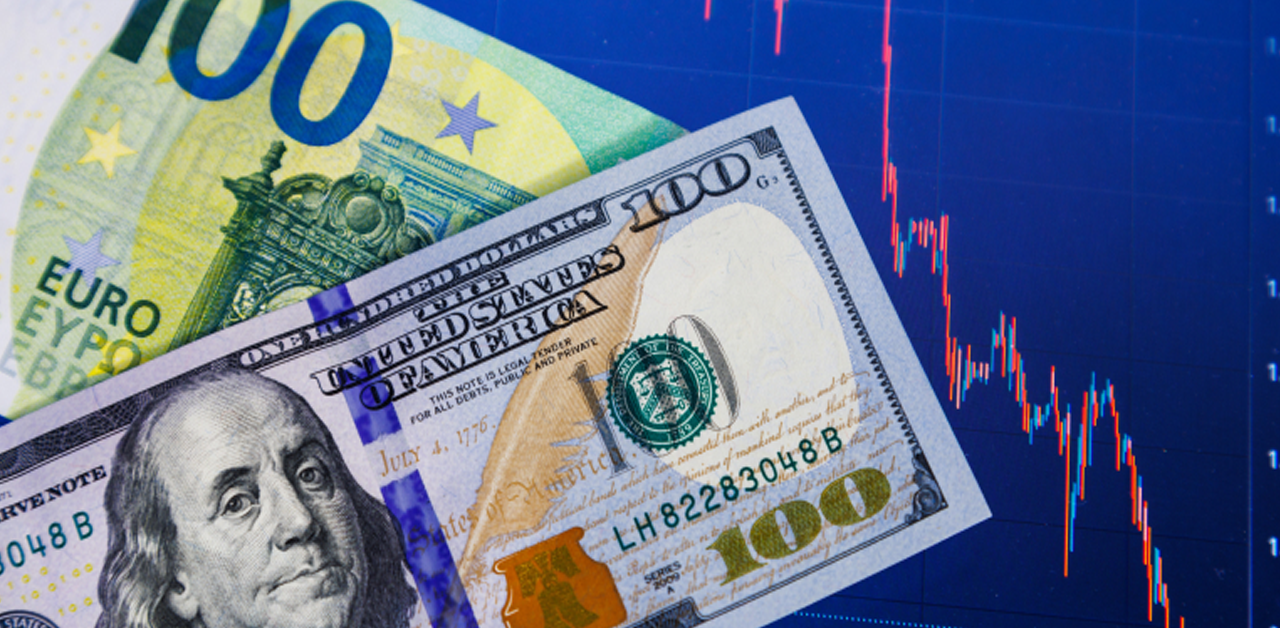Stock Market declines following massive rally last week
U.S. stocks declined on Monday, erasing some of the gains made during a surge last week as expectations for the direction of interest-rate rises by the Federal Reserve softened. Early gains were erased by the S&P 500, which dropped 11.63 points, or 0.3 percent, to close at 3900.11. The technology-focused NASDAQ Composite Index fell 83.07 points, or 0.7 percent, to 11524.55, while the Dow Jones Industrial Average dropped 62.42 points, or 0.2 percent, to 31438.26.
Investors were reportedly in a holding pattern, and traders reported low volumes and a calm day. Justin Wiggs, managing director in stock trading at Stifel Nicolaus, compared the paltry volumes to those last week and said, “It’s extremely lethargic today.” He continued, describing how FTSE Russell’s stock benchmarks were rebalanced on Friday by adding and removing stocks.
The S&P 500 experienced its highest one-day percentage rise in the past two years on Friday. Investors have revised their expectations for the Federal Reserve to tighten monetary policy at a rapid pace in response to weaker-than-expected U.S. economic statistics. This year’s market volatility has been triggered by the Fed’s efforts to raise interest rates and rein in inflation. Earlier this month, the S&P 500 entered a bear market, or a 20 percent decline from its most recent top.
However, recent studies have shown that the American economy—and possibly inflation—is starting to slow down. The most recent proof was released on Friday, when the University of Michigan reduced its June estimate of inflation forecasts over the following five to ten years down, to 3.1 percent from 3.3 percent.
In other economic news, data released on Monday revealed that durable goods orders increased more than anticipated in May. According to the National Association of Realtors’ monthly index, U.S. pending-home sales increased by 0.7 percent in May. The rise occurs despite rising mortgage rates and ends a six-month slump.
Florian Ielpo, head of macro at Lombard Odier Investment Managers in Geneva, stated that “any good macroeconomic news is perceived as bad market news.” “If we continue to experience robust growth and inflation, the Fed and ECB will raise interest rates, and we will experience a recession.” He predicted that as investors rebalance their portfolios ahead of Thursday, which is the end of the second quarter, stocks are likely to receive more support in the near term.
He claimed that the recent signals of inflation having peaked and bearish market posture together “provide a double punch that is pushing equities up.” In recent weeks, Treasury yields have decreased as investors gambled that the Fed’s ambitions to raise rates will be thwarted by a deteriorating economy. According to experts at UBS, investors are boosting their wagers that the Fed will start lowering rates in the middle of 2023.
Investors have reduced their anticipation of rate increases this year as well. According to CME Group, traders assigned a 52 percent probability that the Fed will increase interest rates by an additional 2 percentage points this year in futures bets made on Monday. This is a decrease from a chance of 74% one week prior.
The benchmark 10-year Treasury note’s yield was 3.133% on Monday, up from 3.125% on Friday but still significantly below its peak of 3.482% this month. Bond yields increase as prices decline. Some of the worst performers were consumer stocks. Following a proxy advisory firm’s recommendation that Spirit Airlines investors approve a planned merger with Frontier Airlines, the airline’s shares dropped $1.95, or 8%, to $22.57. Spirit received multiple offers from JetBlue Airways as well as a sweetened offer from Frontier on Friday. The offers will be voted on by Spirit’s shareholders at a special meeting on Thursday.











